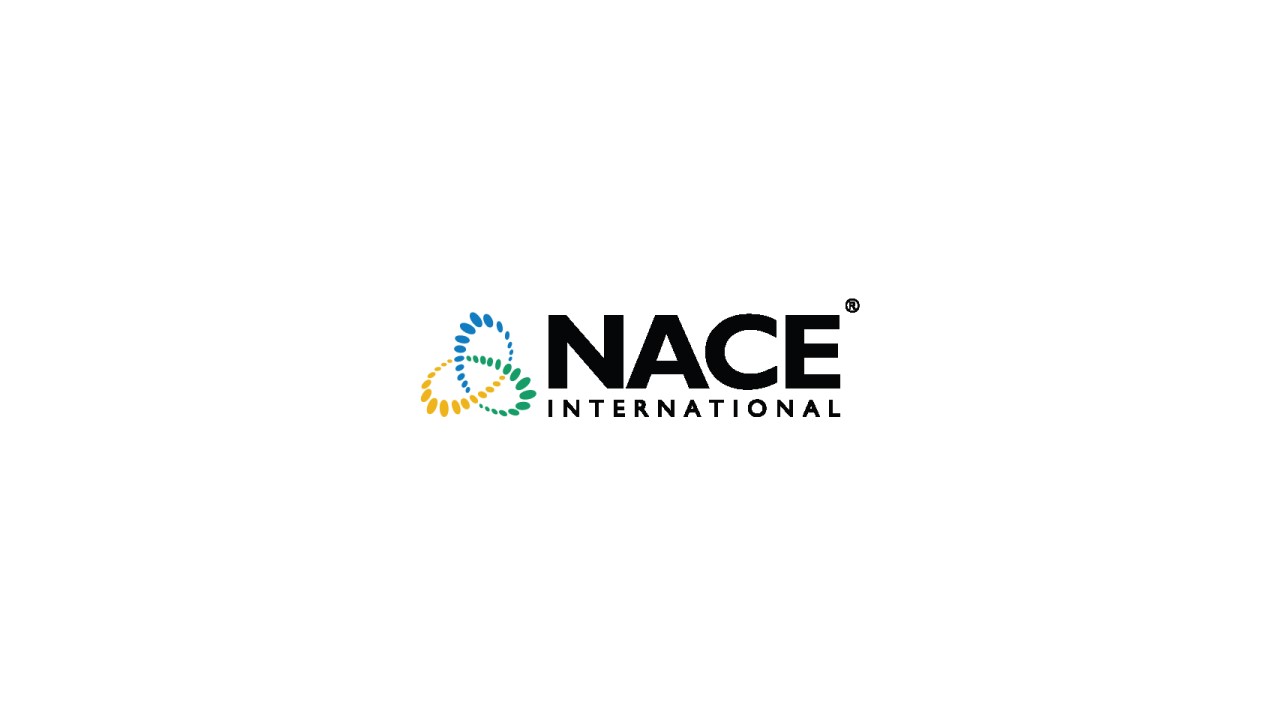The Use Of Realistic Physiochemical Conditions To Demonstrate The Ability Of Third Generation THPS To Control Reservoir Souring And MIC
Chris Jones; Brian Downward; Stephanie Edmunds; Gareth Collins; Tim Curtis; Leanne Jones; Bob Eden
Paper presented at the CORROSION 2014, San Antonio, Texas, USA, March 2014.
Paper Number: NACE-2014-4042
Published: March 09 2014
ABSTRACT
Pressurised sand filled bioreactors have been used to create realistic physiochemical conditions to investigate chemical dosing for the control of oilfield reservoir souring. In a simulation of water injection and wellbore conditions, Molecular Microbiological Methods (MMM) were used to demonstrate that growth of mesophilic and thermophilic sulfate-reducing prokaryotes, including sulfate-reducing bacteria (SRB) and sulfate-reducing archaea (SRA), could be supported. Experimental trials investigated the feasibility of monitoring the onset of reservoir souring by measuring microbially influenced corrosion with an in-line MIC monitor and an integral linear polarization resistance monitoring (LPRM) probe. The subsequent impact of conventional shot dosing and more novel continuous dosing of third generation THPS on established bacterial populations, MIC, hydrogen sulfide generation and dissolution of existing corrosion deposits was evaluated.
Read more at: https://onepetro.org/NACECORR/proceedings-abstract/CORR14/CORR14/NACE-2014-4042/123032


